Search
Search Results
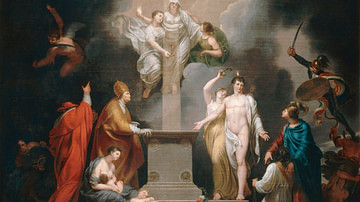
Article
Napoleonic Concordat of 1801 & Religious Pluralism
The Napoleonic Concordat of 1801 defined France's relationship with the Catholic Church for over 100 years. The Organic Articles were added in 1802 and provided state recognition of the Reformed and Lutheran confessions alongside the Catholic...
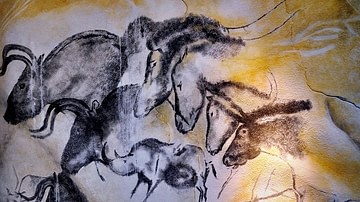
Definition
Stone Age
From the dawn of our species to the present day, stone-made artefacts are the dominant form of material remains that have survived to today concerning human technology. The term “Stone Age” was coined in the late 19th century...
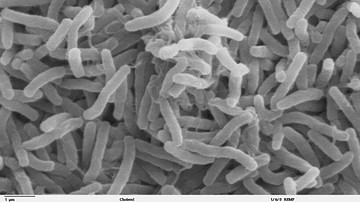
Definition
Germ Theory
The germ theory, which emerged in the late 19th century, demonstrated that microscopic germs caused most human infectious diseases. The germs involved included bacteria, viruses, fungi, protozoa, and prions. Louis Pasteur (1822-1895), a French...
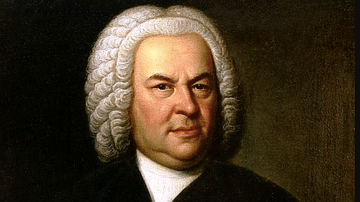
Definition
Johann Sebastian Bach
Johann Sebastian Bach (1685-1750) was a German organist and composer whose work is today regarded as amongst the finest of mature baroque music (c. 1600-1750). More famous as an organist than as a composer in his own lifetime, Bach's rich...
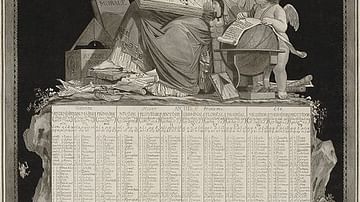
Definition
French Republican Calendar
The French Republican calendar, also known as the French Revolutionary calendar, was created during the French Revolution (1789-1799) in an attempt to build a new society separate from the vestiges of the Ancien Régime. First implemented...
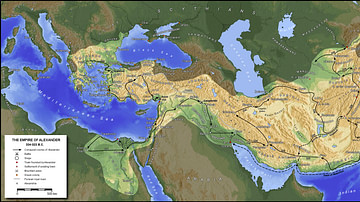
Article
Cultural links between India & the Greco-Roman world
Cyrus the Great (558-530 BCE) built the first universal empire, stretching from Greece to the Indus River. This was the famous Achaemenid Dynasty of Persia. An inscription at Naqsh-i-Rustam, the tomb of his able successor Darius I (521-486...
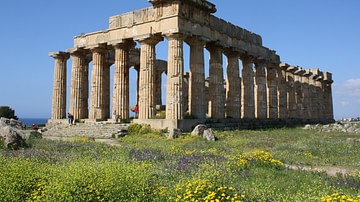
Definition
Greek Colonization
From around 800 BCE, ancient Greek city-states, most of which were maritime powers, began to look beyond Greece for land and resources. As a consequence, they founded colonies across the Mediterranean. Trade was usually the first step in...
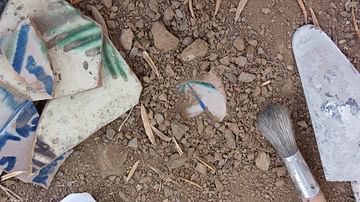
Definition
Archaeology
Archaeology is a wide subject and definitions can vary, but broadly, it is the study of the culture and history of past peoples and their societies by uncovering and studying their material remains, i.e. tools, ruins, and pottery. Archaeology...
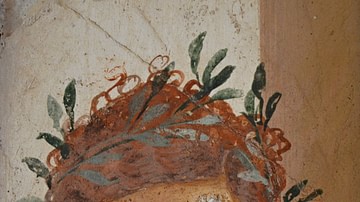
Definition
Herculaneum
Herculaneum, located on the Bay of Naples, was a Roman town which was destroyed by the eruption of Mount Vesuvius in 79 CE. Like its neighbour Pompeii, the town was perfectly preserved by a metres-thick layer of volcanic ash which, in the...
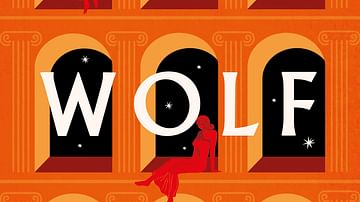
Interview
Interview: The Wolf Den by Elodie Harper
In this interview, World History Encyclopedia is joined with Elodie Harper, the author of the novel The Wolf Den. Kelly (WHE): Do you want to start us off by telling us what the book is about? Elodie Harper (author): Hi, it is so nice...